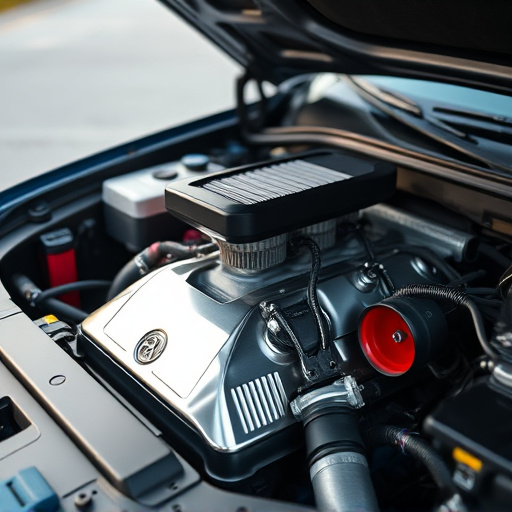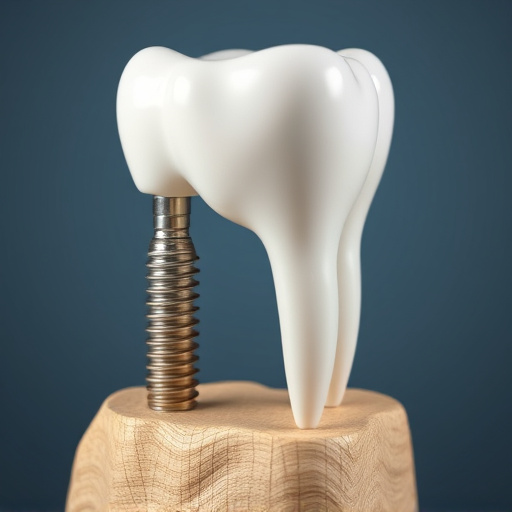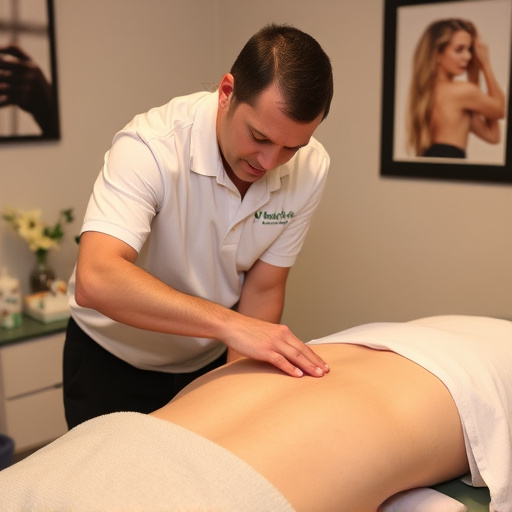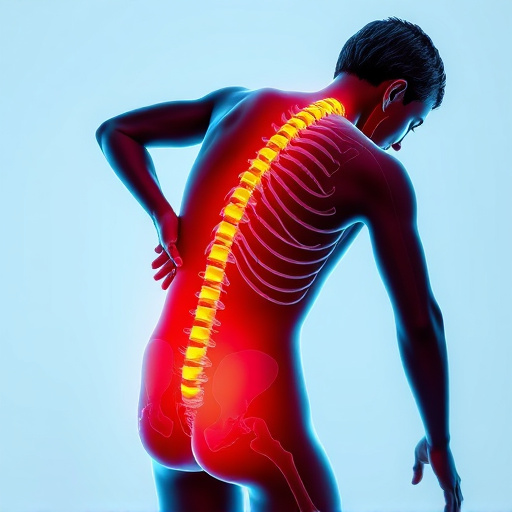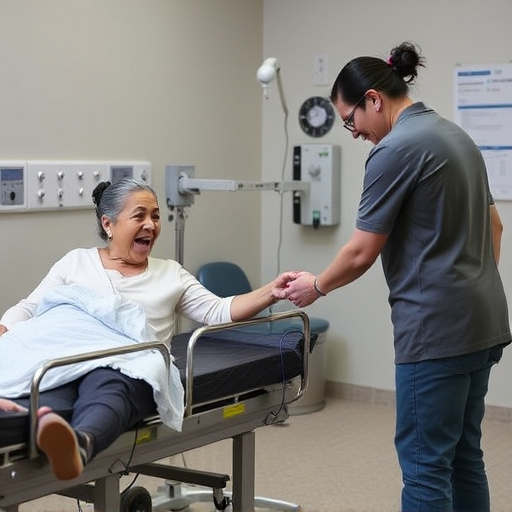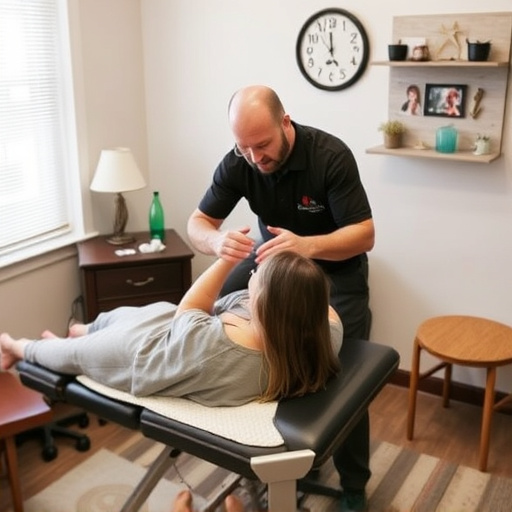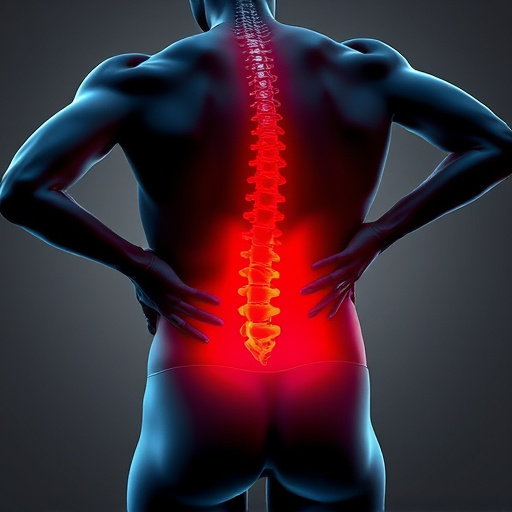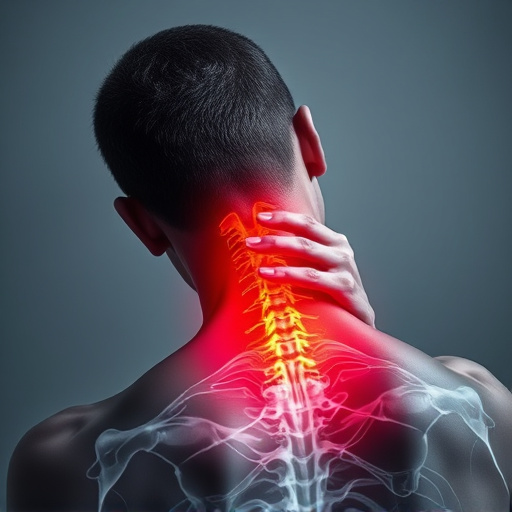Peer support is a transformative aspect of military injury treatment, addressing emotional and social recovery alongside physical healing by connecting service members with fellow veterans who've experienced similar traumas. This supportive network navigates challenges, enhances treatment outcomes, promotes independence, and develops resilience, ultimately improving readjustment and quality of life for those in military injury treatment.
Peer support plays a pivotal role in enhancing military injury treatment results, offering a powerful tool for recovery. This supportive network provides invaluable assistance to service members facing physical and psychological challenges. By fostering social connection, peer support builds resilience, a key factor in overcoming adversity. Through mentorship and shared experiences, peers enrich therapeutic processes, improving overall treatment outcomes for military individuals. Explore these aspects to understand how peer support transforms military injury treatment.
- Peer Support: A Powerful Tool for Military Recovery
- Building Resilience Through Social Connection
- Enhancing Therapy: The Impact of Peer Mentorship
Peer Support: A Powerful Tool for Military Recovery

Peer Support: A Powerful Tool for Military Recovery
In the realm of military injury treatment, peer support stands as a game-changer. It recognizes that healing isn’t just about physical recovery; it’s also deeply connected to emotional and social well-being. Service members who have experienced traumatic injuries often face unique challenges, from managing chronic pain like joint pain relief to adjusting to life after spinal adjustments. Peer supporters, fellow veterans who’ve gone through similar experiences, offer a unique perspective that conventional healthcare providers may not fully comprehend. Their shared journey creates an instant bond and fosters trust, encouraging open communication about the struggles and triumphs of recovery.
This supportive network acts as a vibrant tapestry where individuals can find solace, understanding, and motivation. By connecting service members with peers who’ve navigated similar paths, peer support enhances military injury treatment results significantly. It empowers individuals to overcome isolation, rebuild confidence, and develop coping mechanisms tailored to their unique experiences, ultimately accelerating their journey towards holistic healing in the aftermath of a car accident injury or other military-related trauma.
Building Resilience Through Social Connection
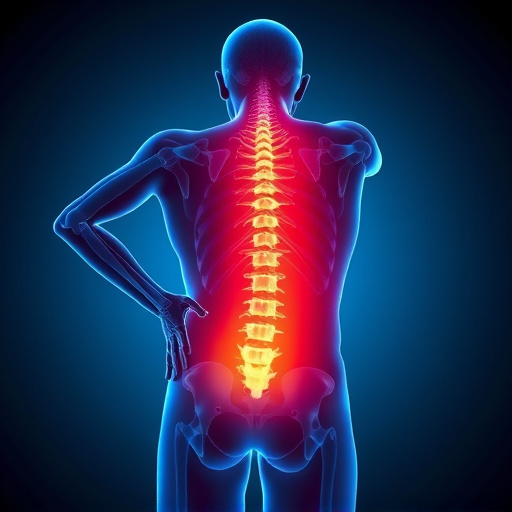
In the realm of military injury treatment, peer support emerges as a powerful tool to enhance healing and build resilience. When individuals who have experienced similar traumas or challenges connect, they create a supportive network that fosters recovery. This social connection is pivotal for service members navigating the complexities of physical and mental health issues, often including chronic pain relief and sports injury recovery. By sharing experiences and strategies, peers offer valuable insights and encouragement, helping one another regain independence and a sense of normalcy.
The impact of this camaraderie extends beyond emotional support. It actively contributes to the development of coping mechanisms and resilience, enabling individuals to adapt and bounce back from their injuries. For instance, peer-led discussions around managing pain through alternative methods, such as spinal adjustment or holistic practices, can empower service members to take control of their well-being. This sense of agency is crucial in the military injury treatment process, as it encourages a proactive approach to recovery and promotes long-term healing.
Enhancing Therapy: The Impact of Peer Mentorship

Peer mentorship plays a pivotal role in enhancing military injury treatment results. Soldiers who have experienced similar injuries can offer invaluable guidance and support to their peers. This shared understanding fosters an environment of camaraderie, reducing feelings of isolation that often accompany recovery. In addition, peer mentors provide practical advice on navigating military procedures and benefits, ensuring service members receive the best possible care and support throughout their rehab services.
For instance, a soldier with a history of herniated disc treatment can offer insights into managing pain during lower back pain rehab. This not only aids in physical recovery but also boosts mental resilience, crucial for overcoming challenges inherent in military life. The impact extends beyond the individual, as peer support networks create a culture of resilience within military communities, ultimately improving overall readjustment and quality of life post-injury.
Peer support plays a pivotal role in enhancing military injury treatment results by fostering resilience and social connection. As discussed in this article, peer mentorship significantly improves therapy outcomes, providing soldiers with emotional support, practical guidance, and a sense of belonging. By leveraging the power of shared experiences, peer support networks create an environment conducive to healing, ultimately contributing to better physical and mental health for military personnel recovering from injuries.


